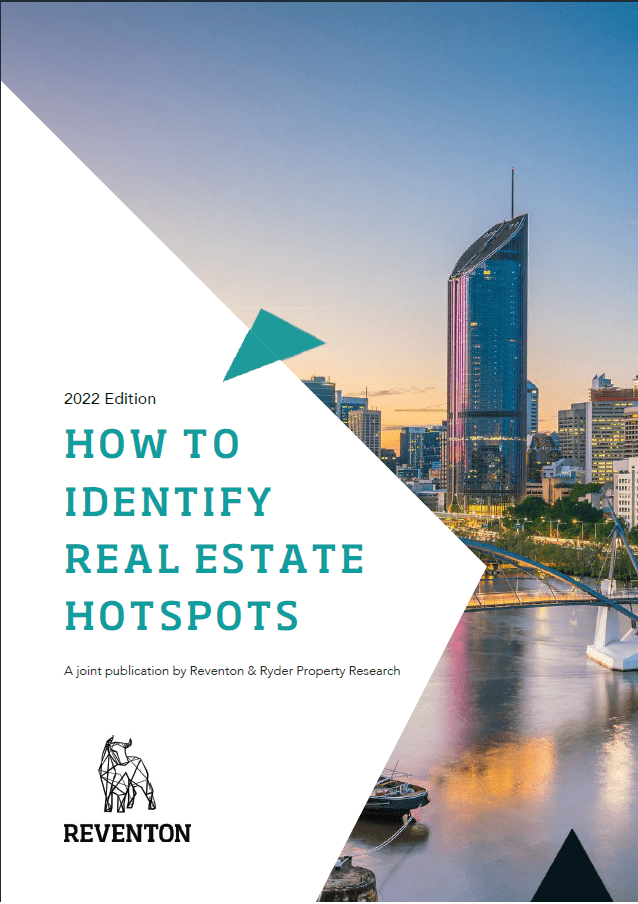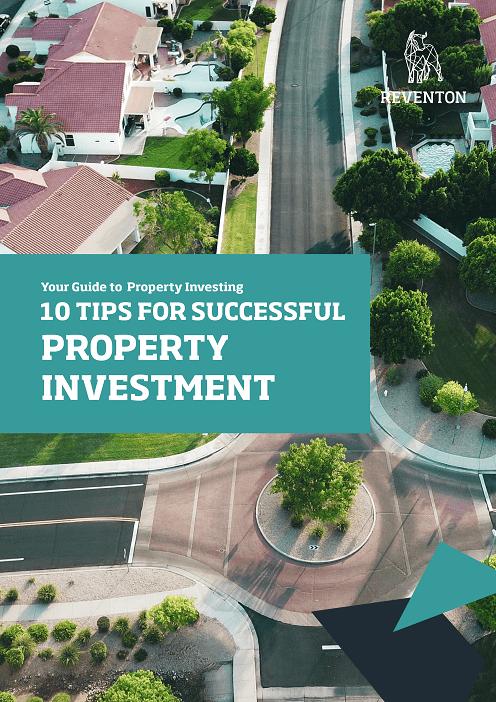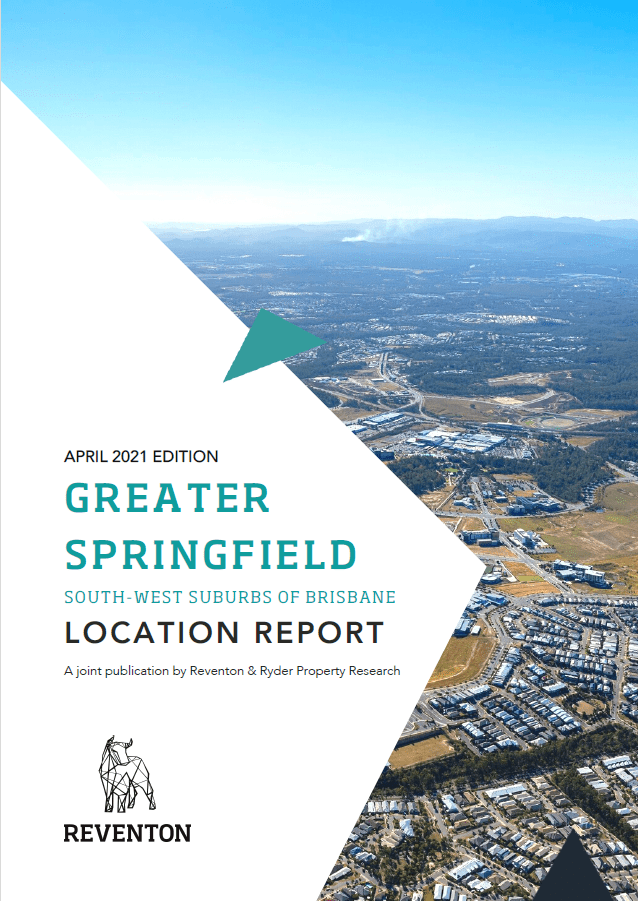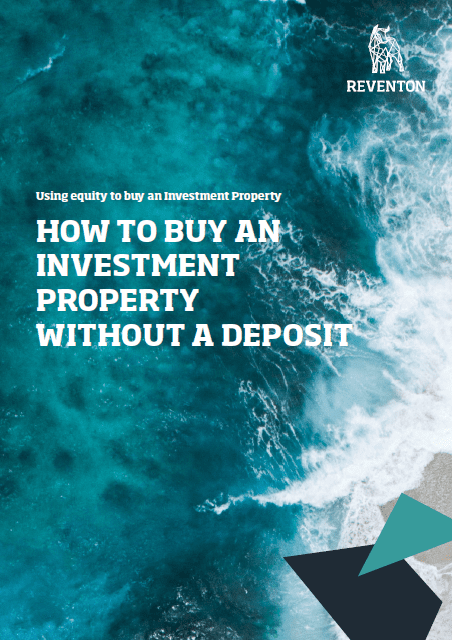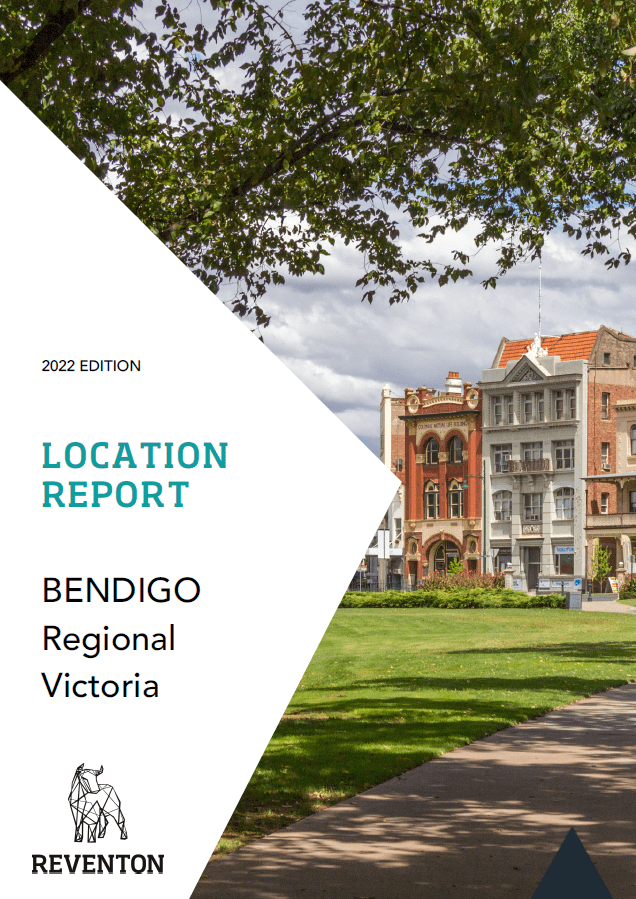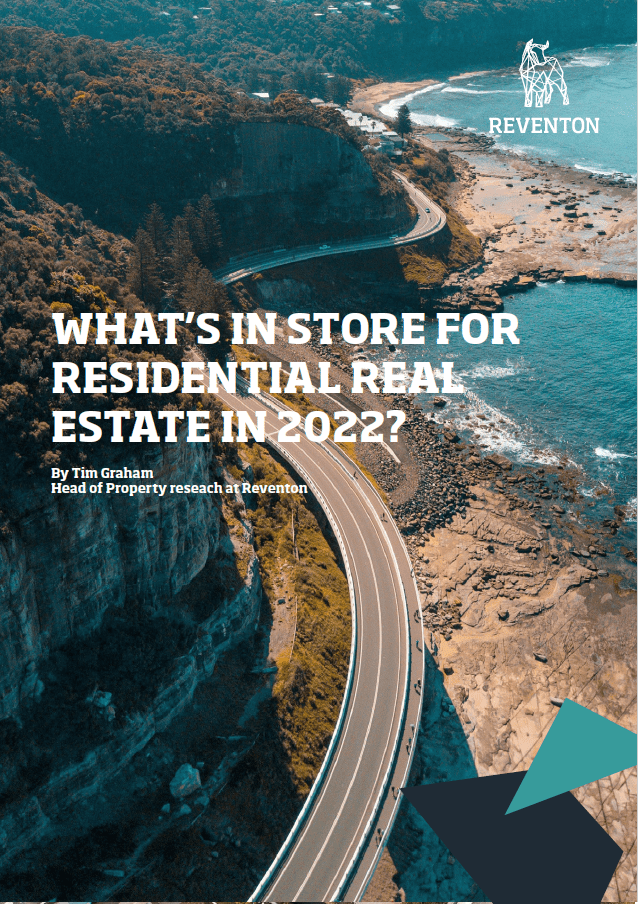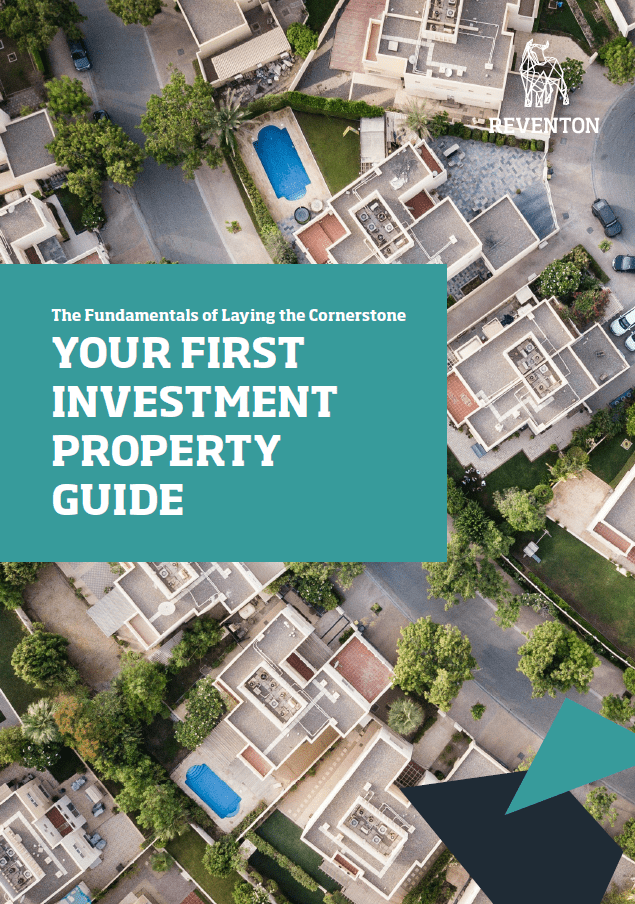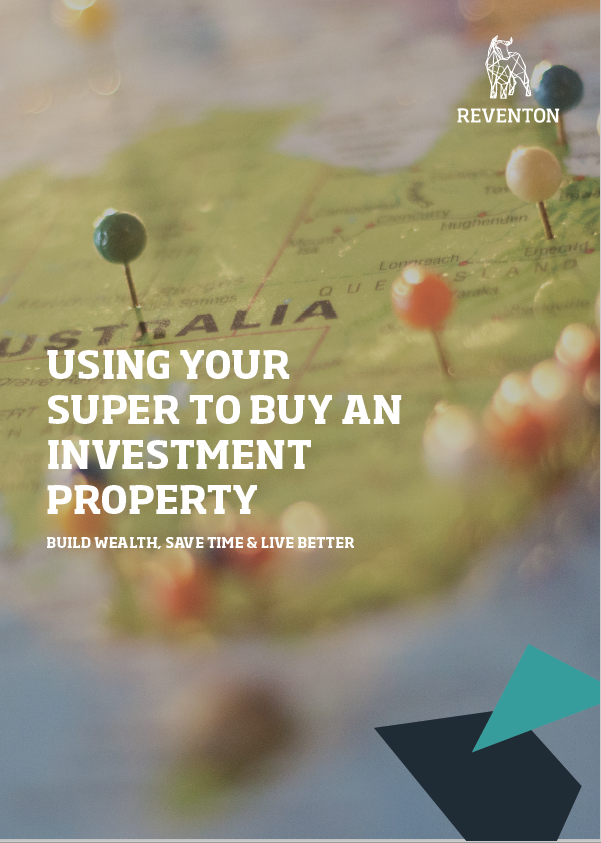This Week in Real Estate: Property news that you can trust

Rents Respond To Low Vacancies
Australia is experiencing the highest growth in average national rents since 2007 with rental markets across the country responding to low vacancies.
A 3.2% rise in rents nationally was recorded in the March Quarter, as well as a noted recovery in inner-city markets, with rents rising 2% for the combined capitals.
On the other hand, growth subdued in the cities of Sydney and Melbourne— the only major markets with high vacancy rates.
Rents in regional markets have continued their strong run, climbing 4.1% in the March Quarter, after their 2.9% rise in the December Quarter. The highest quarterly rental growth of 4.8% recorded among regional units was compared with a 4.0% rise in house rents.
CoreLogic research director, Tim Lawless, explains the current records, “At one end of the spectrum, we have Perth and Darwin where annual rental growth is well into double digits and accelerating. At the other end is Melbourne and Sydney where rents are down over the year.”

Listings Fall, Despite Sellers Surge
The number of homes available for sale has fallen into a decade low with buyers outpacing sellers despite new sellers coming into the market in record levels this month.
The data shared by CoreLogic shows about 145,000 properties available for sale around the country. This record low, the lowest number since 2010, is despite new listings for the month being the highest since the market’s peak in 2017.
CoreLogic’s Tim Lawless shares says that confidence is spreading through the market nationwide after eight consecutive months of price rises. He further explains that house prices rose by at least 5% in most market jurisdictions across Australia in the March Quarter.
Regional Australia is still performing at a stronger rate than capital city markets with the number of home sales for the first quarter of this year 22% more than last year.
Lawless thinks “we will gradually start to see that ratio of sales to new listings reducing – which means we’ll probably start to see the rise in overall stock levels progressively, which is a very healthy thing”.

Tassie Economy Leads, WA Rises
Tasmania has been ranked the nation’s best performing economy for the fifth quarter in a row by CommSec’s State of the States report. CommSec economist Craig James says Tasmania and the ACT, which remains in the second spot, have “solidly held” their top positions and are expected to stay there in the coming months.
The report shows little to separate the five other major economies, with the Northern Territory still in the eighth spot, despite its improvement.
Western Australia, however, is the most improved, and has leaped from joint sixth position to the third, with mining and home building proving significant momentum.
Slipping from the third position to the fourth is Victoria, though it remains the strongest for construction work. The report also shows Victoria jumping to the top spot for home lending.
South Australia ranks fifth, followed by Queensland, and then New South Wales, where annual population growth is at its slowest rate in 25.5 years.

Stockland Sees Ongoing Buyer Demand
Stockland, the country’s largest property developer, says the demand for new dwellings is more widespread than that generated by government stimulus measures.
Mark Steinert, Stockland chief executive, says the company had come through the worst of the coronavirus crisis and expects the current strong buyer demand to continue.
According to Steinert, “Importantly, as the economic and business environment has improved towards pre-COVID levels, industry support measures such as the Commercial Code of Conduct and HomeBuilder concluded at the end of the quarter without any evidence of adverse outcomes”.
Steinert further states that “There‘s a lot of owner-occupier demand and first-time buyer demand that ultimately ended up being deferred and it’s that demand that really got stimulated by HomeBuilder.”
Stockland expects to settle 6,300 homes this financial year. This is after a strong March Quarter result of 1,891 lots– a 69% raise from the same quarter of last year.
Steinert notes this as “the best affordability in all key markets that we’ve seen in a decade”.

No Tax Changes Expected In Budget
Property investors are confident that even with a pre-election Federal Budget looming, tax measures won’t be changed.
Federal Opposition Leader Anthony Albanese looks set to press ahead with changes to negative gearing and capital gains tax, despite these being considered the policies that lost Labor the 2019 election. The federal Government, however, is expected to remain in favour with investors on Budget night on 11 May.
Right Property Group’s Viktor Kumar says “parties don’t mess around with property and tax pre-election. If they do, they get annihilated at the election”.
Tipped to play on the minds of Josh Frydenberg and Scott Morrison ahead of Budget night is the link between a strong property market and economic recovery.
A comment from the Real Estate Institute of Australia in a recent Budget submission says that negative gearing and capital gains tax on property investments should be retained in their current form.

